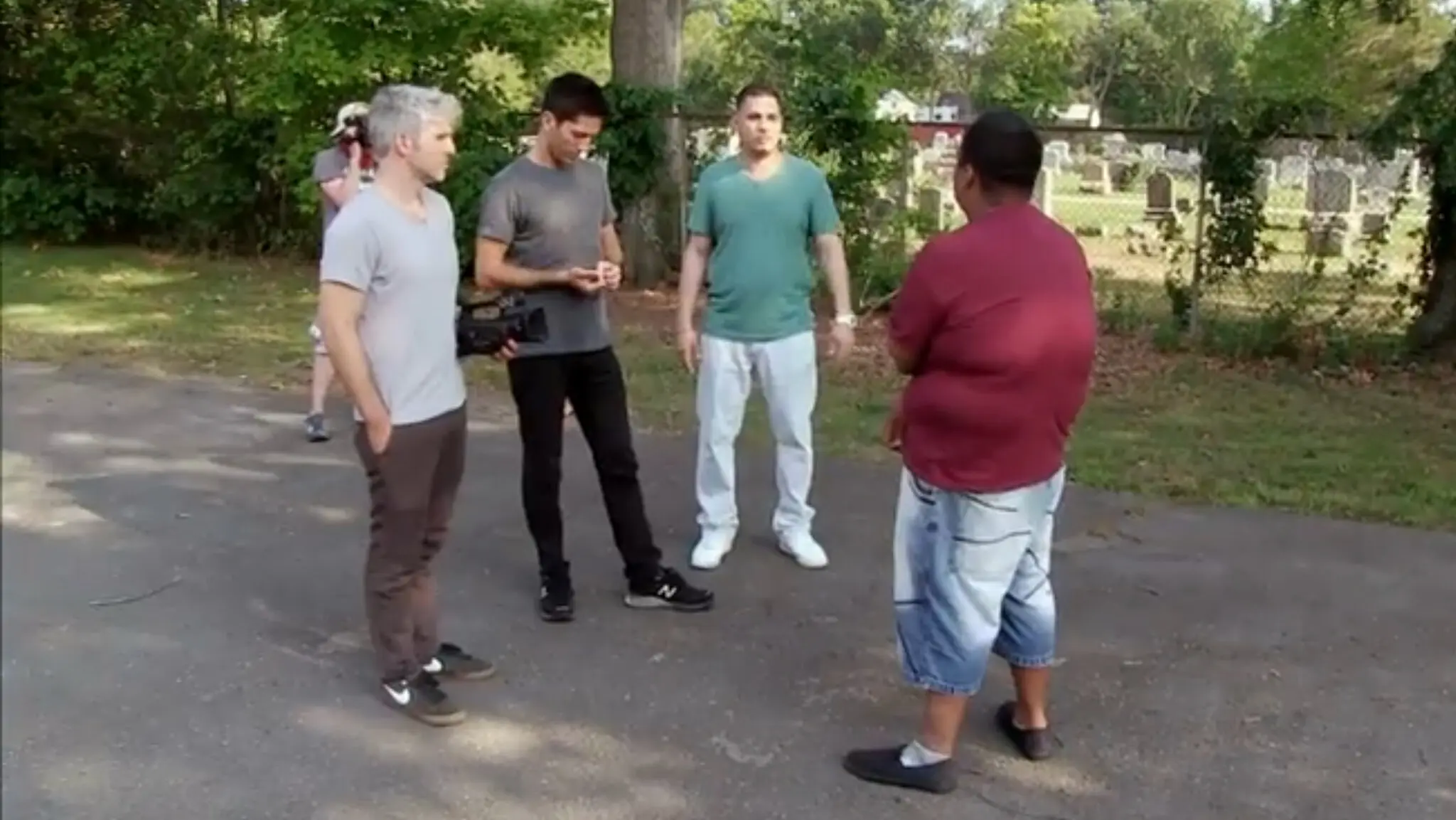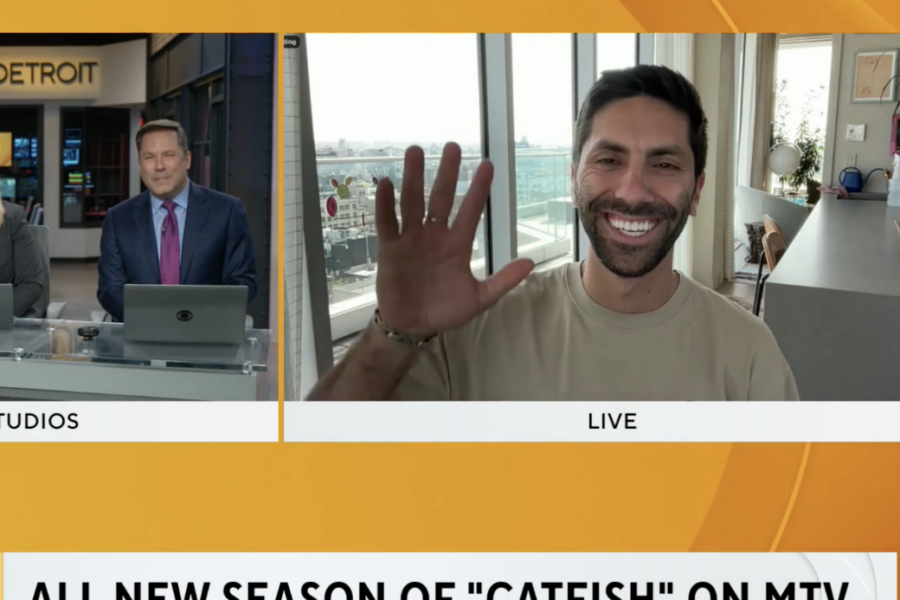
For 12 years, the MTV reality series “Catfish” has traveled the U.S., presenting hundreds of intimate snapshots of what can go wrong when the heart mixes with technology.
Since its first episode aired in 2012, “Catfish: The TV Show” has held up a mirror to our online lives, reflecting how we present ourselves and make sense of love, lust, trust, companionship and loneliness in an increasingly digital world. Each episode unfolds like a detective show, with the host Nev Schulman summoned to untangle truth from lies, to take relationships that exist only on computers and phones and drag them into our three-dimensional reality.
The saga of Danny and Jose, which aired in 2017, is emblematic of the deception, dashed hopes and complicated situations regularly featured on the show.
Danny contacted “Catfish” for help, believing Rosa had moved from Connecticut to Orlando, where he lived, but still would not meet him. Rosa had warned Danny that she had anger issues, in part because she had been molested as a child. When meeting with Schulman and his co-host Max Joseph, Danny said he wanted to help her by bringing more faith into her life. “I think I could make her a better person,” he said. “We plan to have a family.”
In their research, Schulman and Joseph quickly discovered the so-called mask, meaning the unwitting person whose photos had been sent to Danny: a woman named Natalie. But Rosa’s real identity was harder to pin down. “This is the weirdest thing that’s ever happened to me,” Danny said when shown the evidence. “I never had anybody send me fake pictures.”
Schulman called Rosa to inform her that Danny was now aware she’d lied about the photos. Though combative, she agreed to meet in Connecticut. It became clear that she had never moved.
When Schulman, Joseph, Danny and the crew arrived, they were met by a sobbing Jose. “Just be yourself, be honest, say whatever it is you feel comfortable saying,” Schulman told him. Jose said he’d created the fake account more than a decade earlier. Danny was shaken but maintained his composure.

From left, Max Joseph and Nev Schulman, the hosts of “Catfish,” stand with Danny and Jose, who appeared on a Season 6 episode of the MTV reality show.Credit…MTV
“What were you actually planning on getting out of this?” he asked. “You need some help. You need to go to church, you need to get involved, you need to speak to someone.”
“I feel bad about myself every single day that I wake up,” Jose said. The terrible things that he’d said Rosa endured had actually happened to him, he said. “I was in pain. To this day, I’m still in pain. I just try to find an escape.”
Though no two episodes are alike, “Catfish,” which premiered just as social media and dating apps became dominant cultural forces, has remained consistent: “Hopefuls,” in “Catfish” lingo, ask the show for help meeting a person with whom they have developed an online relationship, but have not met in real life.
The hopefuls usually suspect they are being deceived but can’t quite surrender their rose-colored glasses. They have almost never had a video call with their person, and often they have never spoken on the phone. Professions of love and longing, within perpetual scrolls of direct messages or texts, are frequent. Meeting, moving and marriage often come up. The exchange of private details and photographs, including explicit selfies, is common.

Kamie Crawford and Schulman conducting a digital investigation. She joined the show full-time as co-host in 2020.Credit…MTV
Schulman and Kamie Crawford, who joined as a full-time co-host in 2020 (Joseph left in 2018), conduct an investigation to unite the two people. The show facilitates the invariably fraught confrontations. The process is not intended to be easy or fun, and by and large, the elusive partner is a catfish: someone who fabricates an online persona for any number of motivations.
Today, those who have never watched a minute of “Catfish” most likely recognize the term, as the phenomenon has become more familiar than the documentary and TV show that minted it. The activities and behaviors that “Catfish” captures — wrestling with loneliness, seeking virtual relationships, sifting through digital misinformation and wondering what, if any of it, is real — are part and parcel of everyday life for many in 2024. Longtime “Catfish” viewers may not be as surprised as others by our current extremely online existence.
As the series returns for its ninth season on April 30, it will continue to present snapshots of the country rarely seen on TV. Previous investigations have taken viewers to Kodiak, Alaska; St. Ignace, Mich.; Charlotte, Texas; and Greensburg, Pa. — places where career or social opportunities may be scarce.
Each scenario is something of a slow-motion unveiling, dread and anticipation building with every revelation.





